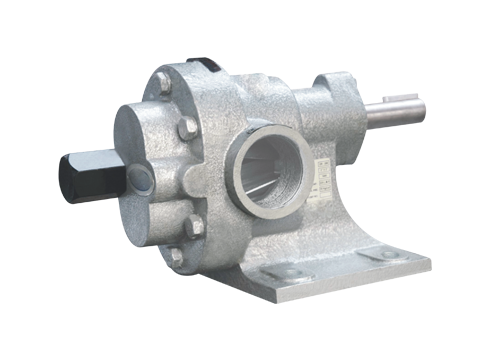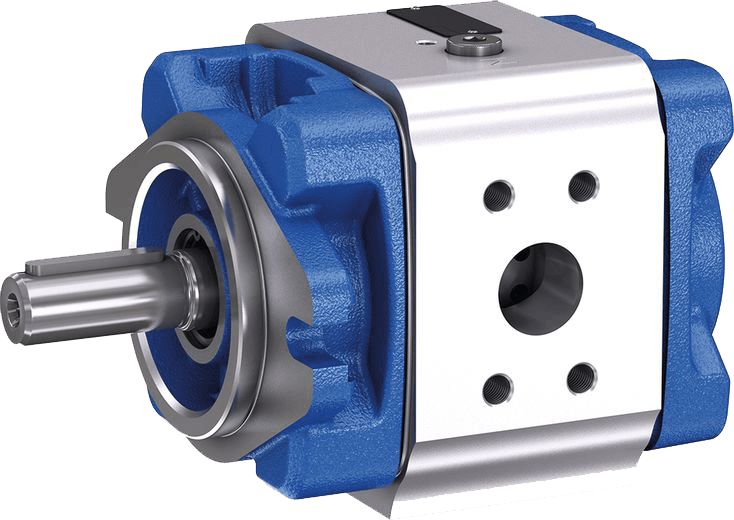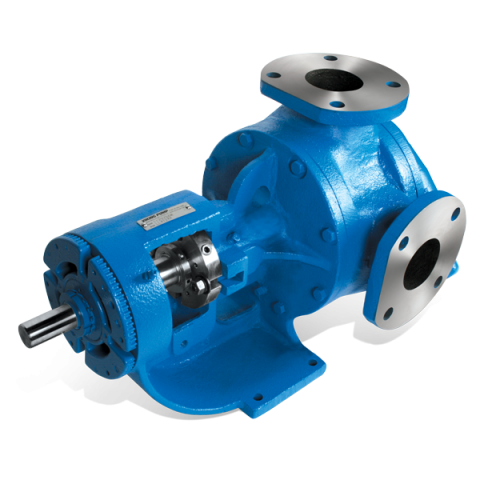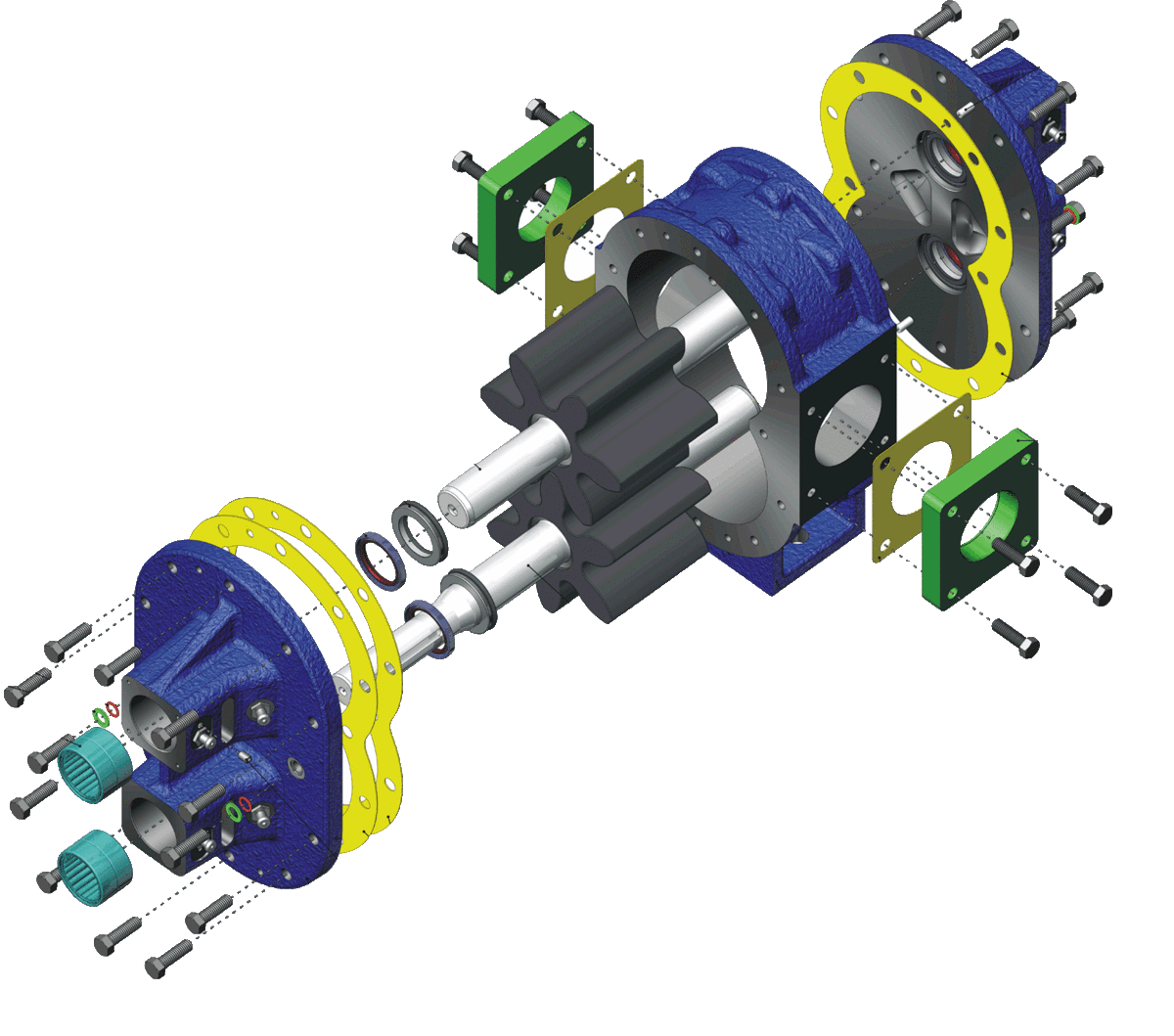Introduction
Gear pumps are among the most widely used types of positive displacement pumps, known for their efficiency, reliability, and versatility. These pumps are crucial in various industrial applications, including chemical processing, oil and gas, pharmaceuticals, and food and beverage production. In this article, we will explore the advantages of gear pumps, highlighting why they are a preferred choice in many industries.

What is a Gear Pump?
A gear pump is a type of positive displacement pump that uses the meshing of gears to pump fluid by displacement. They are designed to move fluids efficiently and are capable of handling a wide range of viscosities and temperatures. Gear pumps come in two main types: internal gear pumps and external gear pumps.

Internal Gear Pump
Internal gear pumps consist of a rotor and an idler gear. The rotor, typically the larger gear, drives the idler gear, creating a suction that draws fluid into the pump and then discharges it. These pumps are known for their smooth, pulseless flow and ability to handle high viscosities.
External Gear Pump

External gear pumps use two identical gears that mesh together to create a pumping action. As the gears rotate, they trap fluid between the teeth and the casing, moving it from the inlet to the outlet. These pumps are known for their simplicity, durability, and high pressure capabilities.

Advantages of Gear Pumps
1. High Efficiency
One of the primary advantages of gear pumps is their high efficiency. The tight tolerances between the gears and the casing minimize internal leakage, ensuring that the fluid is moved with minimal loss. This results in a high volumetric efficiency, which is crucial in applications where precise fluid delivery is required.
2. Consistent Flow Rate
Gear pumps provide a steady and consistent flow rate, regardless of the pressure conditions. This characteristic is particularly important in applications where a constant flow is essential, such as in chemical dosing and hydraulic systems. The consistent flow rate also ensures uniformity in processes, leading to higher quality end products.
3. Ability to Handle High Viscosities
Gear pumps excel in handling fluids with high viscosities, such as oils, syrups, and polymers. The design of the gears allows them to generate high shear forces, which helps in moving thick and viscous fluids efficiently. This makes gear pumps ideal for applications in the food and beverage industry, as well as in lubricating and hydraulic systems.
4. High Pressure Capabilities
Gear pumps can generate high pressures, making them suitable for applications that require the transfer of fluids over long distances or through systems with high resistance. The robust construction of gear pumps ensures that they can withstand high pressure conditions without compromising performance.
5. Durability and Reliability
The simple yet robust design of gear pumps contributes to their durability and reliability. With fewer moving parts compared to other types of pumps, gear pumps are less prone to wear and tear. This reduces maintenance requirements and extends the operational life of the pump. The reliability of gear pumps makes them a trusted choice in critical applications where downtime is not an option.
6. Self-Priming Capability
Gear pumps have the ability to self-prime, meaning they can remove air from the suction line and start pumping fluid without needing external priming. This feature is particularly useful in applications where the pump needs to be started and stopped frequently, as it ensures a quick and efficient startup every time.
7. Compact and Space-Saving Design
The compact design of gear pumps allows for easy integration into existing systems without requiring significant modifications. Their small footprint makes them suitable for installations where space is limited. The compact size also simplifies the maintenance and servicing of the pump.
8. Versatility in Applications
Gear pumps are incredibly versatile and can be used in a wide range of applications, from chemical processing to food production. They are capable of handling various fluids, including corrosive chemicals, abrasive slurries, and delicate food products. This versatility makes gear pumps a valuable asset in diverse industrial settings.
9. Smooth and Quiet Operation
Internal gear pumps, in particular, are known for their smooth and quiet operation. The design of the gears ensures minimal pulsation and vibration, resulting in a steady flow of fluid. This is important in applications where noise and vibration need to be minimized, such as in medical and laboratory equipment.
10. Cost-Effective
Gear pumps offer a cost-effective solution for fluid transfer needs. Their high efficiency, durability, and low maintenance requirements translate to lower operational costs over the pump’s lifetime. Additionally, the versatility of gear pumps reduces the need for multiple types of pumps, further contributing to cost savings.
Applications of Gear Pumps
1. Chemical Processing
In the chemical industry, gear pumps are used to transfer, meter, and mix various chemicals. Their ability to handle corrosive and abrasive substances makes them ideal for chemical processing applications. The consistent flow rate ensures precise dosing and mixing of chemicals, leading to high-quality products.
2. Oil and Gas
Gear pumps are widely used in the oil and gas industry for transferring crude oil, lubricants, and other petroleum products. Their high pressure capabilities and reliability make them suitable for the demanding conditions of oil extraction and refining processes.
3. Food and Beverage
In the food and beverage industry, gear pumps are used to move viscous liquids such as syrups, sauces, and oils. Their ability to handle high viscosities and maintain a sanitary operation makes them ideal for food processing applications. Gear pumps ensure consistent and uniform product delivery, leading to better quality control.
4. Pharmaceuticals
Gear pumps are essential in the pharmaceutical industry for the precise dosing and transfer of various drugs and chemicals. Their smooth and pulseless flow ensures accurate dosing and mixing, which is critical for producing safe and effective pharmaceutical products.
5. Hydraulic Systems
Gear pumps are a key component in hydraulic systems, where they are used to generate the hydraulic pressure needed to power various machines and equipment. Their high pressure capabilities and reliability make them a preferred choice in hydraulic applications.
6. Industrial Lubrication
In industrial settings, gear pumps are used to deliver lubricants to machinery and equipment. Their ability to handle high viscosities and provide a consistent flow ensures that machinery is properly lubricated, reducing wear and extending the life of the equipment.
Conclusion
Gear pumps offer numerous advantages that make them a preferred choice in various industrial applications. Their high efficiency, consistent flow rate, ability to handle high viscosities and pressures, durability, and versatility make them indispensable in industries such as chemical processing, oil and gas, food and beverage, pharmaceuticals, and hydraulics. By understanding the benefits of gear pumps, businesses can make informed decisions to enhance their operational efficiency and achieve superior results.
